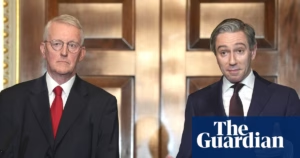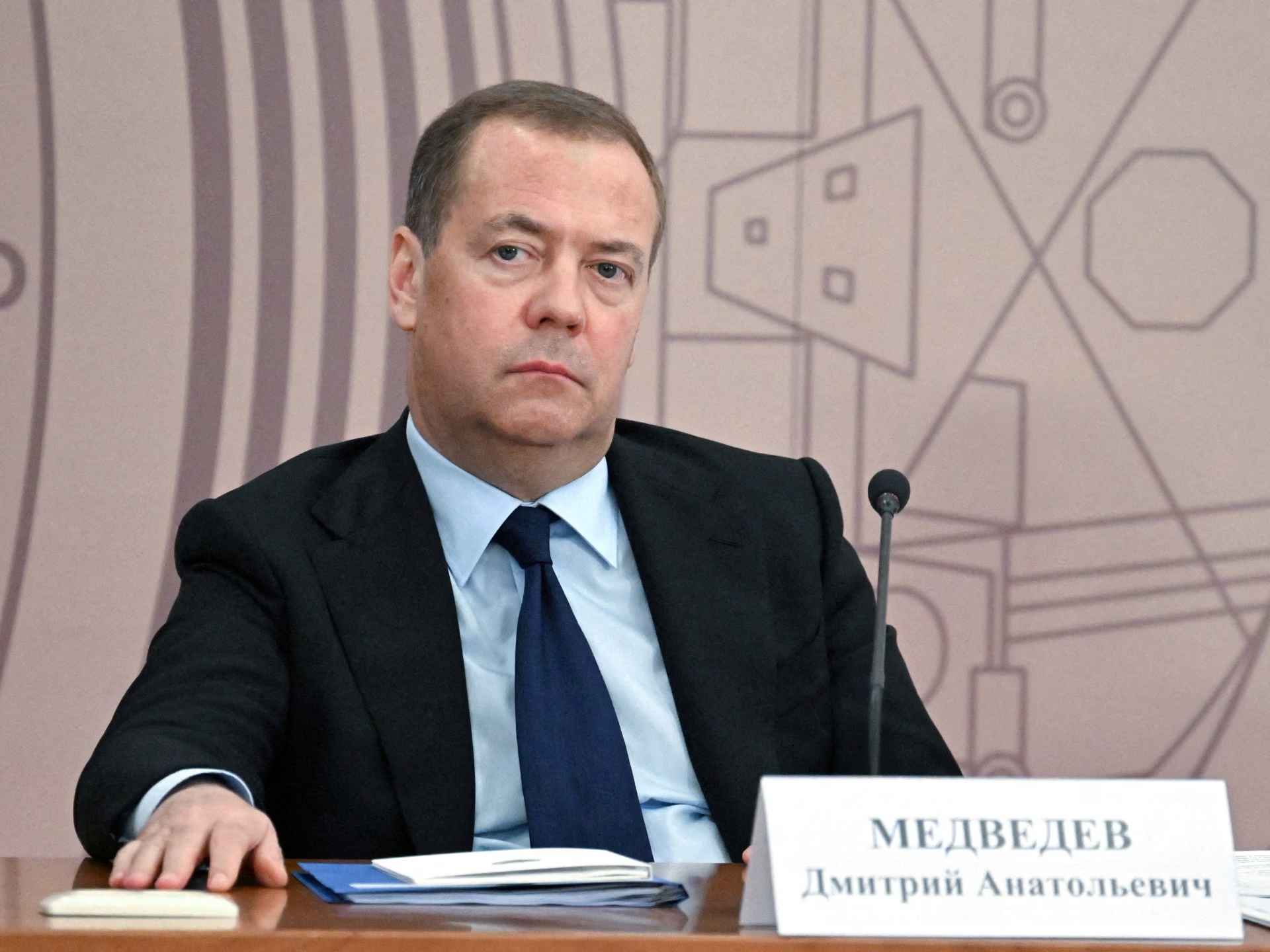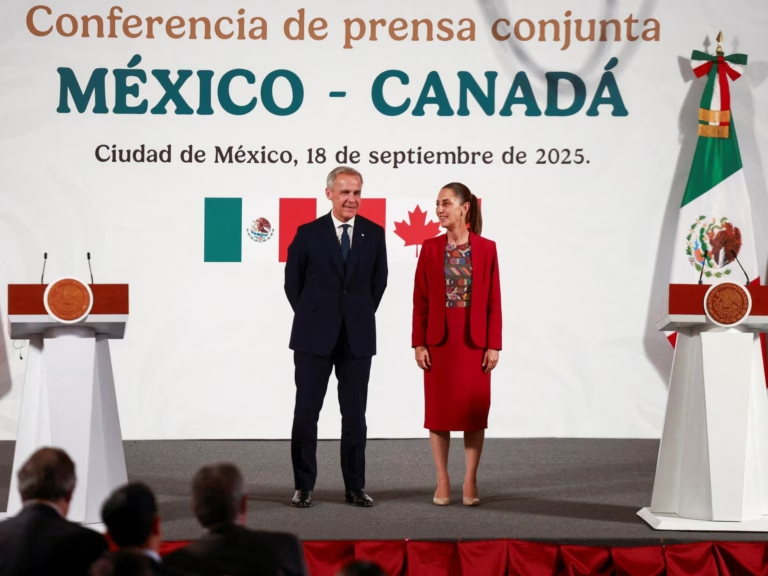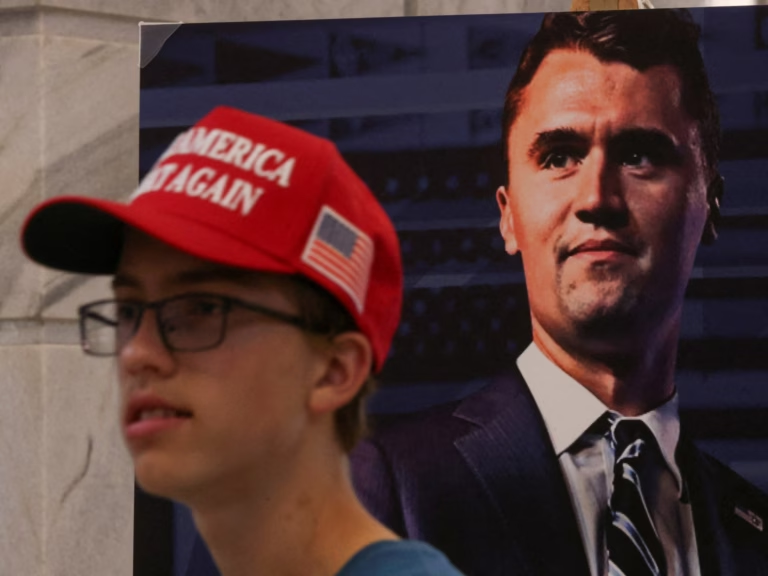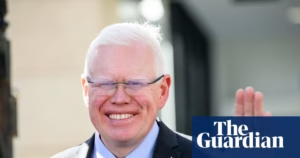Medvedev, who has been exchanging verbal jabs with U.S. President Donald Trump, responded to the Foreign Ministry’s Monday announcement by stating that the decision to withdraw from the moratorium is a consequence of NATO’s actions.
“This is a new reality all our adversaries must confront. Expect further actions,” he added without specifying what those next steps might entail.
Medvedev, now the deputy head of Russia’s Security Council, has frequently made aggressive remarks about Moscow’s nuclear arsenal. Trump recently announced he had moved two U.S. nuclear submarines closer to Russia in response to Medvedev’s comments on the possibility of a war between Washington and Moscow.
The Russian Foreign Ministry’s statement on the withdrawal of the moratorium on the deployment of medium- and short-range missiles is the result of NATO countries’s anti-Russian policy.
This is a new reality all our opponents will have to reckon with. Expect further steps.— Dmitry Medvedev (@MedvedevRussiaE) August 4, 2025
In its announcement, Russia’s Foreign Ministry stated that the deteriorating situations in Europe and the Asia Pacific had prompted a re-evaluation of their stance on deploying short- and medium-range missiles.
“Given that the situation is developing towards actual deployment of U.S.-made land-based medium- and short-range missiles in Europe and the Asia-Pacific region, the conditions for maintaining our unilateral moratorium on the deployment of similar weapons have been lost,” the ministry declared.
Russian officials, including President Vladimir Putin and Foreign Minister Sergey Lavrov, have previously stated that Moscow might respond to U.S. and NATO provocations by reconsidering restrictions on missile deployment.
In a December statement, Lavrov said that Moscow’s moratorium was no longer tenable and that the U.S. was disregarding warnings from both Russia and China by deploying such weapons worldwide.
The U.S. pulled out of the Intermediate-Range Nuclear Forces (INF) treaty in 2019, citing Russia’s non-compliance with the agreement. The INF treaty, signed in 1987 by Soviet leader Mikhail Gorbachev and U.S. President Ronald Reagan, eliminated a class of ground-launched nuclear missiles ranging from 500 to 5,500 km.
Kremlin spokesperson Dmitry Peskov responded to Trump’s comments on repositioning U.S. submarines, downplaying the significance and expressing a reluctance to engage in public disputes with the U.S. president.
“This is a normal practice for American submarines being on active duty. But generally, we would prefer not to be drawn into such a controversy and will not comment further,” Peskov stated.
“Of course, everyone needs to handle nuclear rhetoric with extreme care,” he added.
This situation emerges at a tense time, as Trump threatens new sanctions on Russia and major buyers of its oil, such as India and China, unless President Vladimir Putin agrees to a ceasefire in the Ukraine conflict by Friday. Putin recently indicated that while peace talks have made some headway, Russia maintains the momentum in its war against Ukraine, with no anticipated change in his stance despite the impending deadline.
